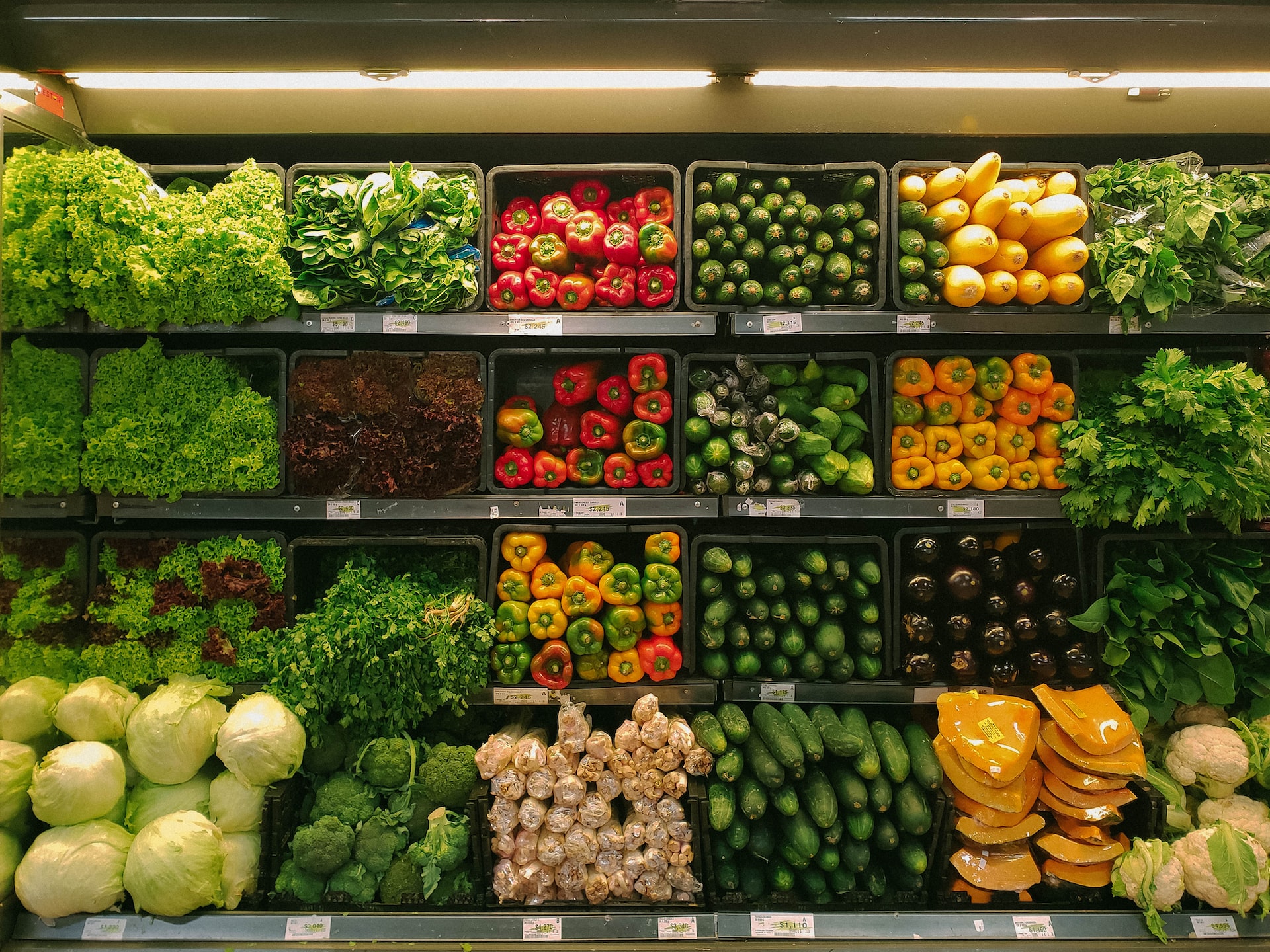Inflation is a constant threat to the economy. In peak inflationary times, its effect on the cost of living can be brutal.
You can expect an increase in the price of your essentials, including food and groceries when demand significantly exceeds supply.
With a family to feed on a limited income, you have no option but to strategize your grocery shopping. There are numerous tricks and tweaks you can use to save money on your supermarket trips.
Here are some of the more effective ones:
Always shop with a list
Don’t show up at the supermarket without a credible shopping plan if you want to cut down on costs.
Create a well-planned list at home that covers all the bases while staying within a strict budget. Plan your meals for the week and buy groceries according to this plan.
Compare prices at different stores
These days, there are plenty of ways to compare the prices at different stores without physically going to the place. Websites and apps offer an easy way to check these things and find the best deals in advance from the comfort of your home.
Stock up when you can
Inflationary trends and a recessionary climate can often last several months or even a year. If you see the prices ticking up, it’s a prudent idea to stock up on non-perishable supplies.
Frozen and canned goods and dry items like pasta are all terrific choices for a well-stocked pantry when there are supply chain issues and food price increases occurring.
Adjust your eating habits
Meat and seafood are the first things to be affected by rising prices. The same also goes for all things dairy.
Use them less in your meals, ideally as flavoring agents if necessary. Instead, use more vegetables, especially those that you can buy in bulk and store in the freezer, such as cabbage, carrots, and beets.
Reduce the number of supermarket visits
If possible, keep your visits to the store to a minimum and try to buy everything in one go to take advantage of discounts, bulk buying deals and credit card offers.
Unnecessary visits for shopping will add to your grocery bills if you fail to keep track of your actual buying requirements.
Buy in-season groceries
Canned goods are cheaper because their storage costs are much lower at the stores.
Avoid buying off-season vegetables and fruits as much as possible. Stick to local produce that is available in surplus quantities for steep discounts.
Look for loyalty benefits
Many major stores now have mobile apps with loyalty programs and discount coupons. Download one of these and create an account if you don’t have one already.
As you keep shopping at the same store, they will start offering you special offers and benefits.
Shop on special days
At many major retailers, Wednesday is usually the best day of the week for your grocery shopping. It is the last day of the previous week’s offers and the first day of the next batch of weekly offers.
Find out if your store has such a system. You can find more deals on those days.


